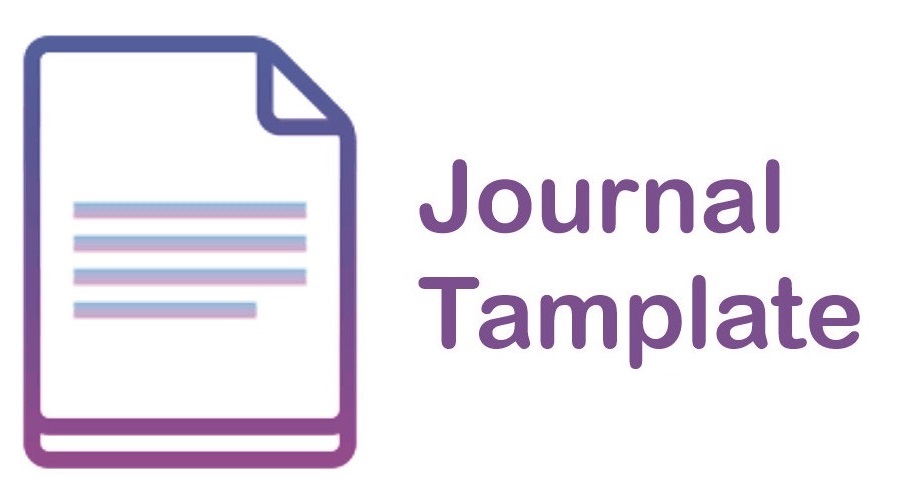Maternal Factors as Determinants of Stunting in Children Under Five Years Old: A Systematic Review
DOI:
https://doi.org/10.30872/panakeia.v2i1.3075Abstract
Stunting remains a pervasive public health concern, particularly in developing countries such as Indonesia. The etiology of stunting in toddlers is multifactorial, with one potential causative factor being maternal. The objective of this study is to examine extant studies that are pertinent in identifying maternal factors for the incidence of stunting in toddlers in Indonesia. The present study is a systematic review, meticulously organized according to the PRISMA flowchart method. A comprehensive literature search was conducted using three major electronic databases: Garuda Portal, Pubmed, and Science Direct. The selection of articles was based on the most recent three years of publications, commencing from 2022 to 2025. A total of 2,042 publications were identified through three online databases, and 12 articles were deemed eligible for analysis. The results of the analysis demonstrated that maternal characteristics (i.e., age, education, income, height, nutritional status, parity, and birth spacing) and maternal health conditions during pregnancy (i.e., weight gain, infectious diseases, history of anemia, and chronic energy deficiency) were significantly associated with the incidence of stunting in children under five in Indonesia. Additionally, maternal parenting related to nutrition fulfillment (i.e., exclusive breastfeeding and feeding practices) was associated with the incidence of stunting in children under five in Indonesia.











